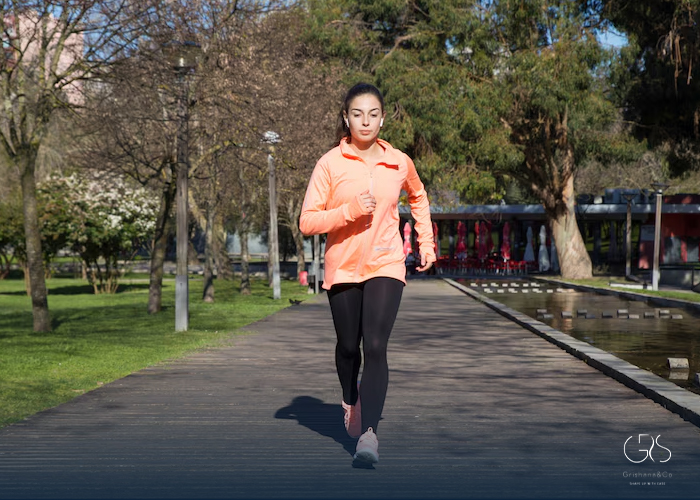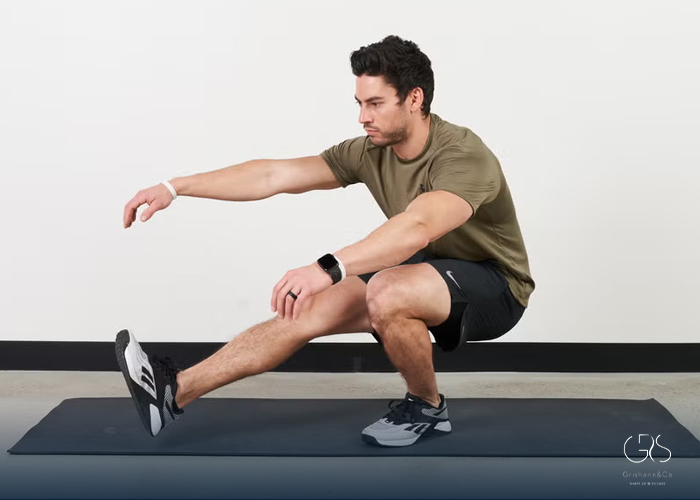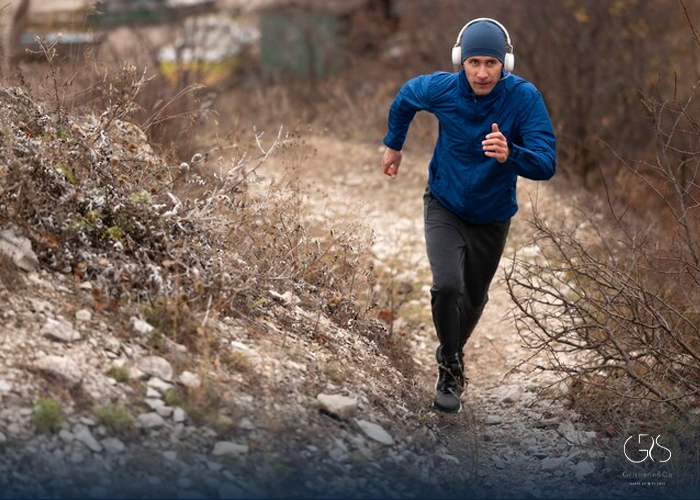Walking up stairs is a seemingly simple task that becomes a challenge for many individuals, leaving them out of breath and fatigued. This common struggle can be attributed to several factors, including underlying health conditions, lack of physical fitness, and age-related changes in the body.
Why Does It Happen?
- Lack of Physical Fitness: One of the most common reasons for feeling out of breath when climbing stairs is a lack of physical fitness. According to the World Health Organization (WHO), physical inactivity is a leading risk factor for global mortality, and a sedentary lifestyle can lead to reduced cardiovascular fitness and respiratory function.
- Underlying Health Conditions: Individuals with underlying health conditions such as asthma, chronic obstructive pulmonary disease (COPD), or heart disease may experience difficulty breathing while climbing stairs. These conditions can affect lung function and heart health, making it harder to perform strenuous activities like stair climbing.
- Age-Related Changes: As we age, our body undergoes various changes that can impact our cardiovascular and respiratory systems. Muscle mass decreases, lung capacity may diminish, and heart function may weaken, all of which can contribute to feeling out of breath more easily when engaging in physical activities like stair climbing.
Other Ways To Increase Endurance
1.Interval Training: Incorporating interval training into your exercise routine can help improve cardiovascular endurance and stamina. Alternating between high-intensity bursts of exercise and periods of rest can challenge your body and enhance your overall fitness level.
2.Strength Training: Building muscle strength can improve your overall endurance and make activities like stair climbing easier. Focus on exercises that target major muscle groups, such as squats, lunges, and leg presses, to strengthen your lower body and enhance your ability to climb stairs.

3.Hydration and Nutrition: Staying hydrated and fueling your body with a balanced diet can impact your endurance levels. Proper hydration and nutrition support muscle function, energy production, and overall physical performance, making it essential for improved endurance.

What Can You Do About It?
1.Regular Exercise: Engaging in regular physical activity can help improve cardiovascular fitness, strengthen muscles, and increase lung capacity. Incorporating activities like walking, swimming, or cycling into your routine can make stair climbing easier over time.
(I recommend that you read about the health benefits of walking)

2.Breathing Techniques: Practicing deep breathing exercises can help improve lung function and control breathing patterns. Techniques like diaphragmatic breathing can enhance respiratory efficiency, making it easier to manage breathlessness while climbing stairs.
(Please refer to our article on the benefits of breathing exercises for more information)
3.Seek Medical Advice: If you consistently struggle with feeling out of breath when climbing stairs, it is important to consult with a healthcare provider. They can assess your overall health, identify any underlying conditions, and provide personalized recommendations to improve your respiratory and cardiovascular fitness.
Conclusion
Feeling out of breath when walking up stairs can be a sign of underlying health issues or a lack of physical fitness. By addressing these concerns through regular exercise, breathing techniques, and medical guidance, individuals can improve their respiratory fitness and make stair climbing a more manageable task.
Sources
- World Health Organization, Physical activity
- American Lung Association, Lung Health & Diseases










